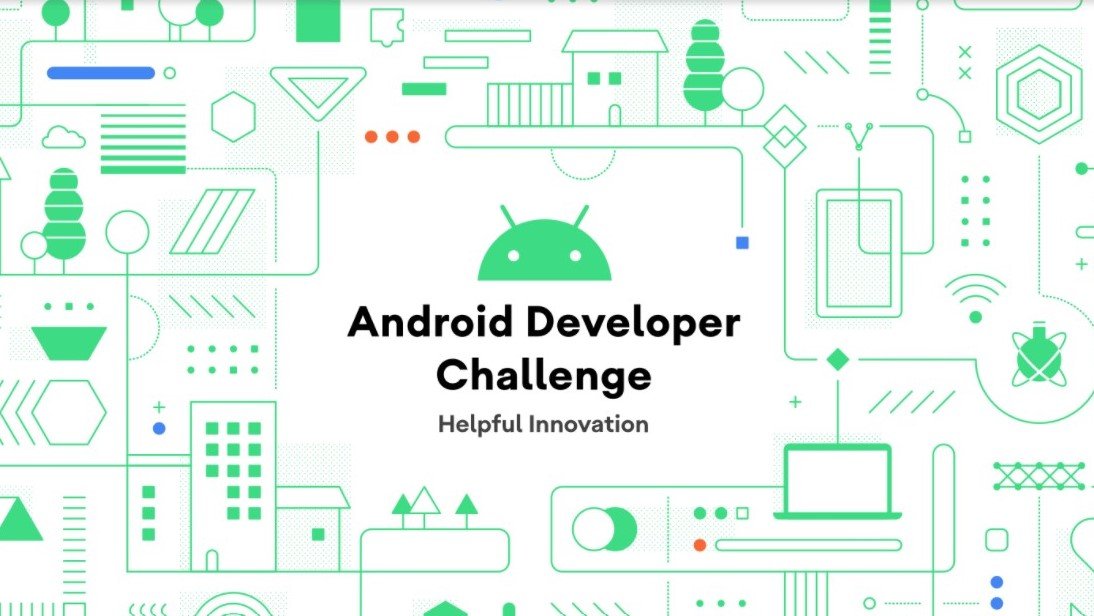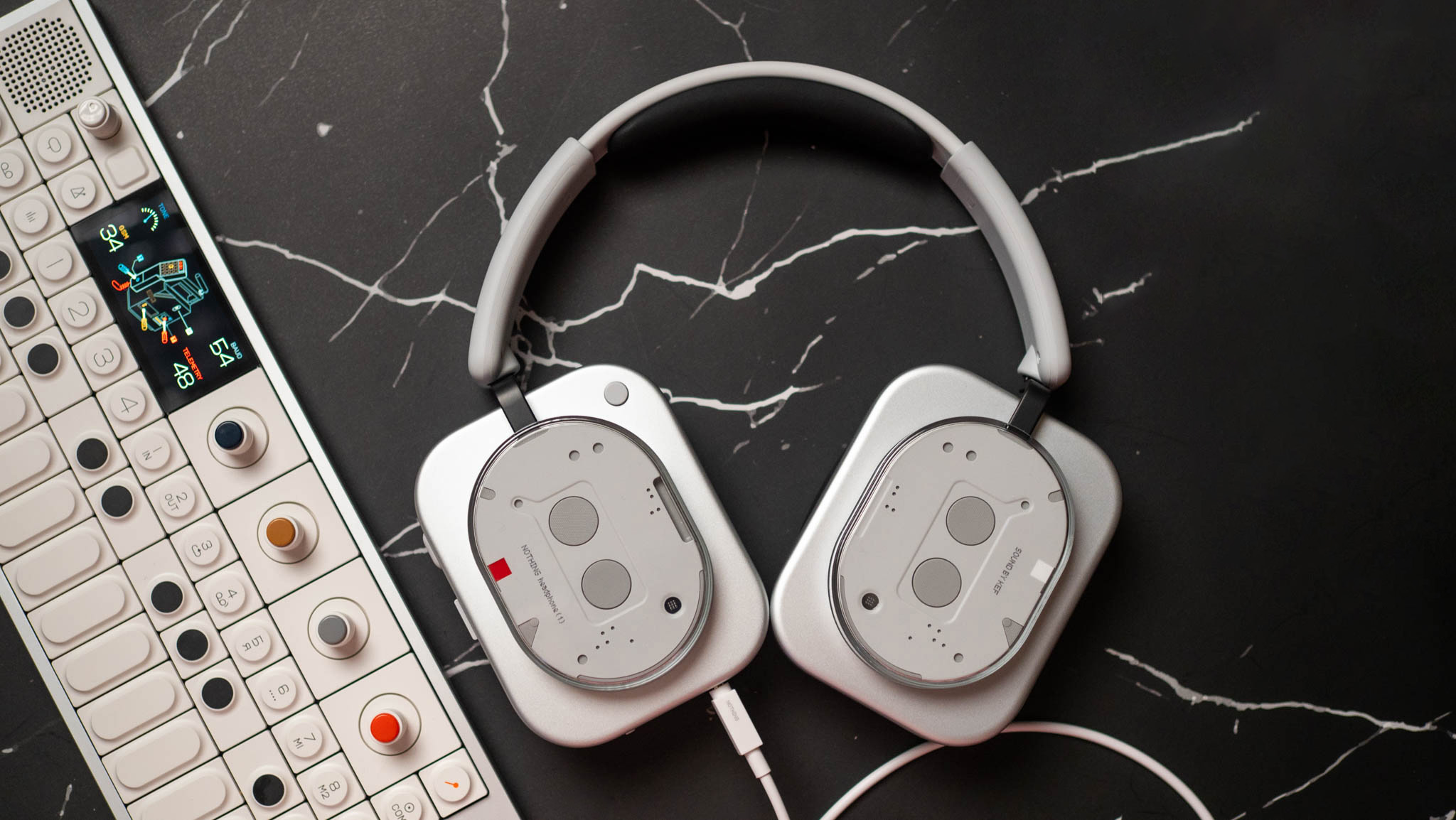Google christens the winners of the ML-powered Android Developer Challenge

Get the latest news from Android Central, your trusted companion in the world of Android
You are now subscribed
Your newsletter sign-up was successful
What you need to know
- Google this week announced the winners of its Android Developer Challenge.
- The developer competition was aimed at building Android apps using the power of machine learning.
- The apps specifically use Google's TensorFlow Lite framework, which enables on-device machine learning on Android.
While you may not think about it much, machine learning powers some of the most compelling and most exciting new features in the world of tech; Google Assistant, Live Caption, and the amazing imaging capabilities of Pixel cameras, it's all thanks to machine learning. And as the technology become democratised and more accessible to developers, Google has made a big push toward empowering Android developers, in particular, to benefit from the advances it has made in the field.
To that end, the company has built TensorFlow Lite, a streamlined version of its famous machine learning framework that's designed for on-device inference, the same kind of technology that powers the new Google Assistant's fully local processing, and made it available to Android developers en masse.
To encourage their use of these new tools, the company last year announced the Android Developer Challenge, where it invited Android app makers to use machine learning in their apps to empower users to do everyday tasks more easily and more efficiently. This week, it announced the ten winners of the challenge, hailing all the way from Balochistan, Pakistan and Goma, DRC to San Francisco and Munich.
The top 10 projects, which are now available for download on the Play Store, are:
- AgriFarm helps farmers detect plant diseases and prevent major damage in fruits and vegetables such as tomatoes, corn and potatoes. [Balochisan, Pakistan]
- AgroDoc helps farmers diagnose plant disease and make treatment plans. [Navneet Krishna; Kochi, India]
- Eskke simplifies mobile money management for people in the Congo, letting them transfer money, pay bills, and buy subscriptions and essential airtime for sending SMS. [David Mumbere Kathoh; Goma, Democratic Republic of Congo]
- Leepi helps students learn hand gestures and symbols for American Sign Language. [Prince Patel; Bengaluru, India]
- MixPose is a live streaming app that gives yoga teachers and fitness professionals the opportunity to teach, track alignment, make sure you're in the correct pose, and give real-time feedback. [Peter Ma; San Francisco, California, USA]
- Pathfinder could help people with visual impairments navigate complex situations by identifying and calculating the trajectories of objects moving in their path. [Colin Shelton; Addison, Texas, USA]
- Snore & Cough helps you identify and analyze snoring and coughing, so you can listen to and send recordings from a night's sleep. [Ethan Fan; Mountain View, California, USA]
- Stila pairs with a wearable device, like the Fitbit wristband or a device running on Wear OS by Google, to monitor, track and help manage the body's stress levels. [Yingdin Wing; Munich, Germany]
- Trashly makes recycling easier. Just point the on-device camera at an item, and through object detection, the app identifies and classifies plastic and paper cups, bags, bottles, etc. [Elvin Rakhmankulov; Chicago, Illinois, USA]
- UnoDogs helps owners better support their pet's wellness, providing customized information and fitness programs. [Chinmany Mishra; New Delhi, India]
You can learn more about the ten apps and their creators here, and about the wide array of on-device machine learning tools Google is developing here.
Google is leveraging machine learning to make Duo calls sound better
Get the latest news from Android Central, your trusted companion in the world of Android

